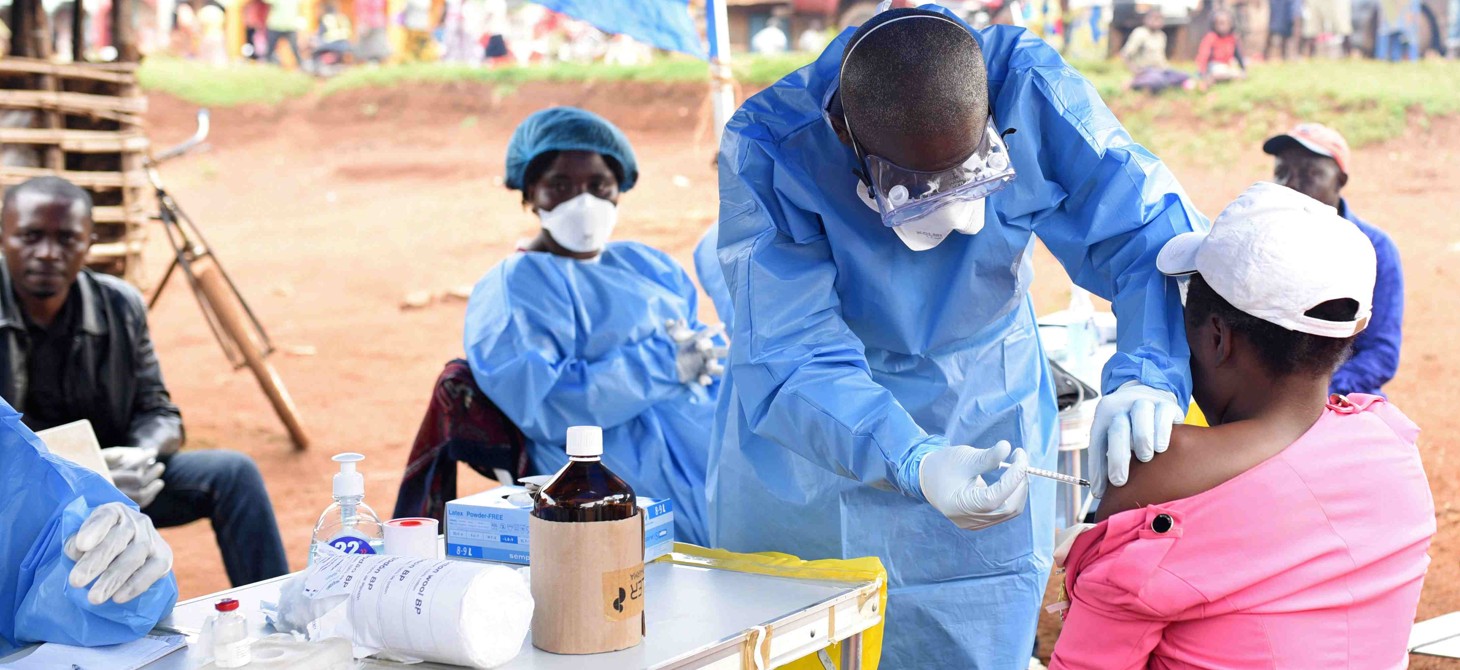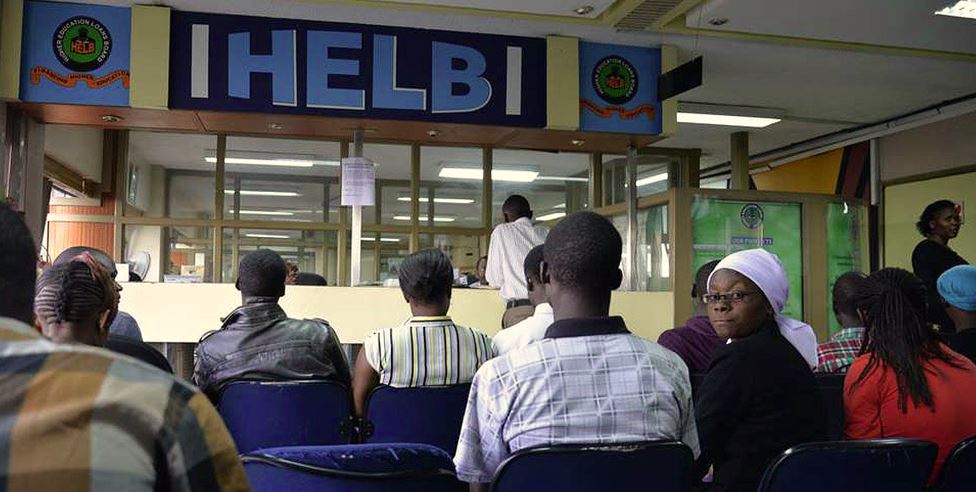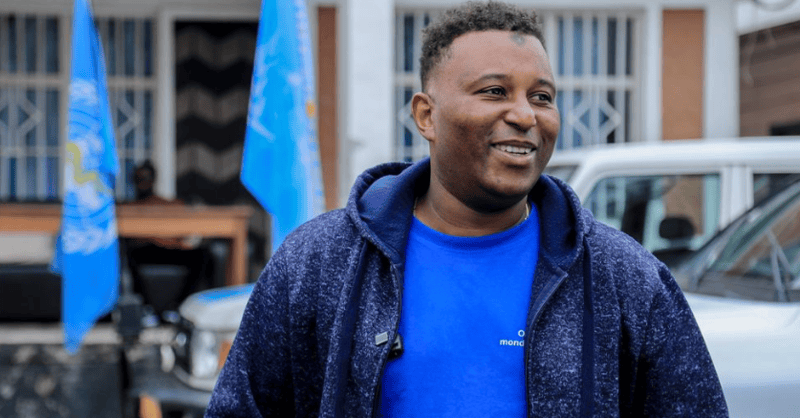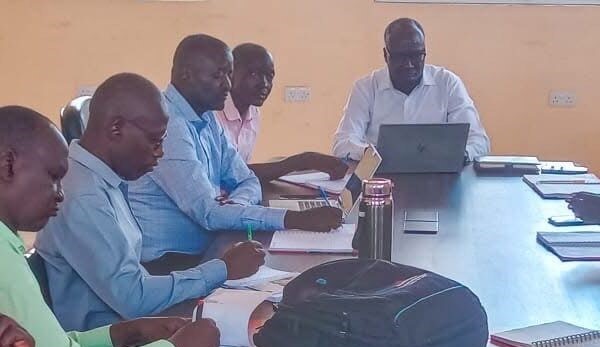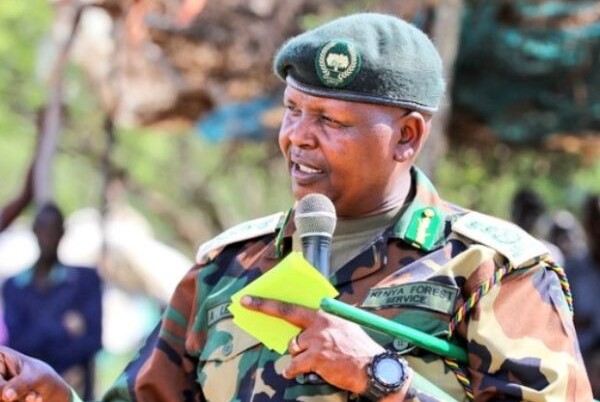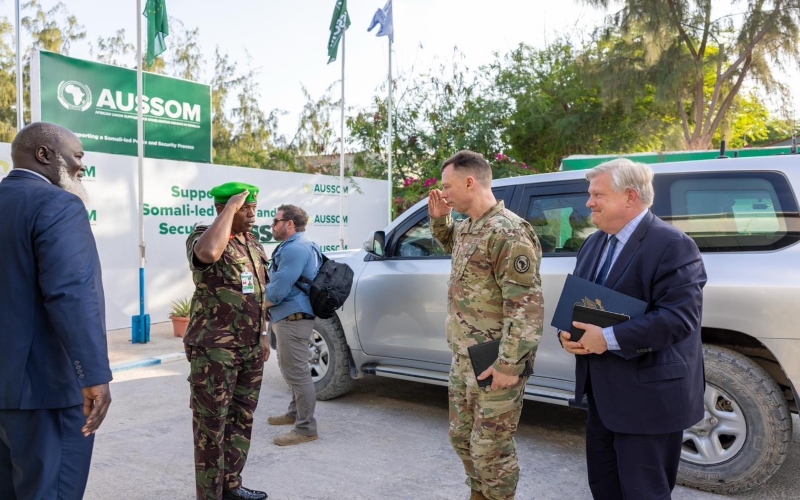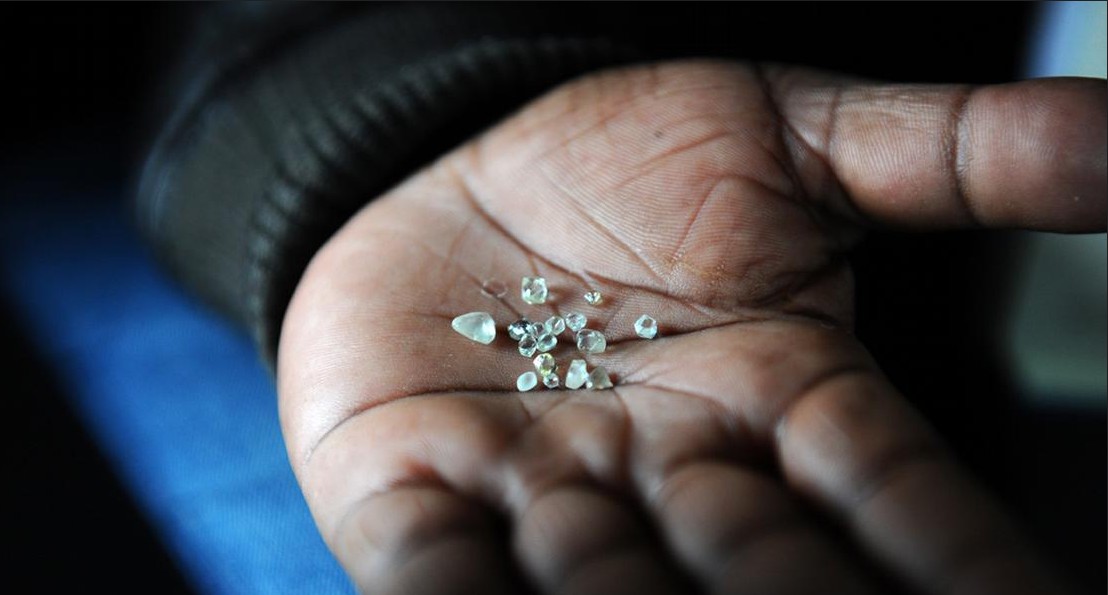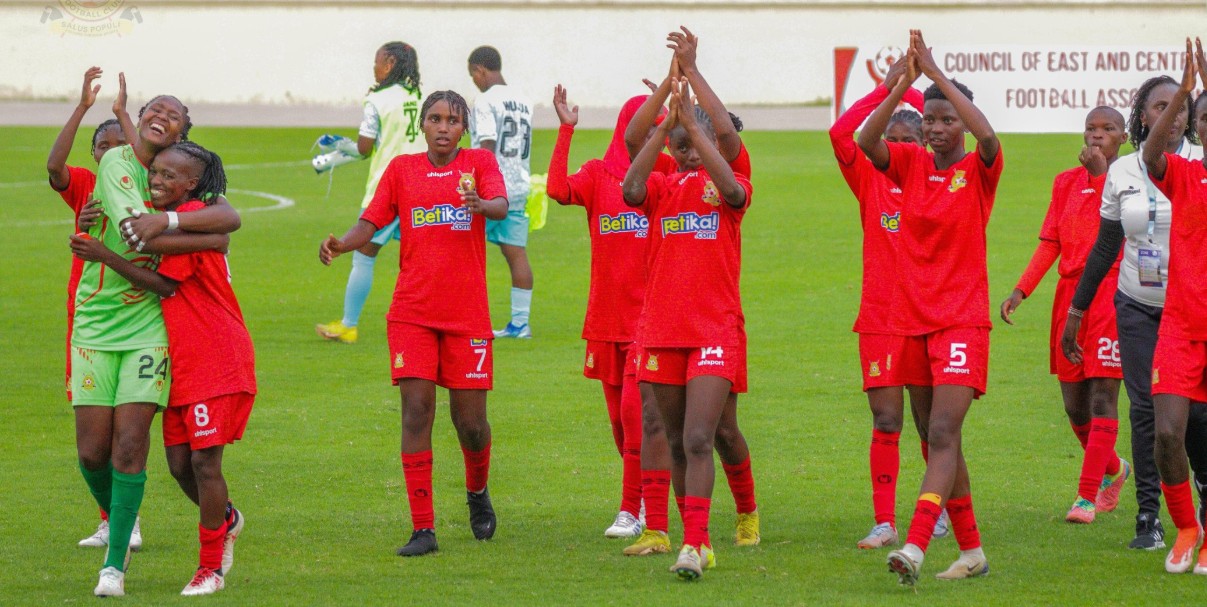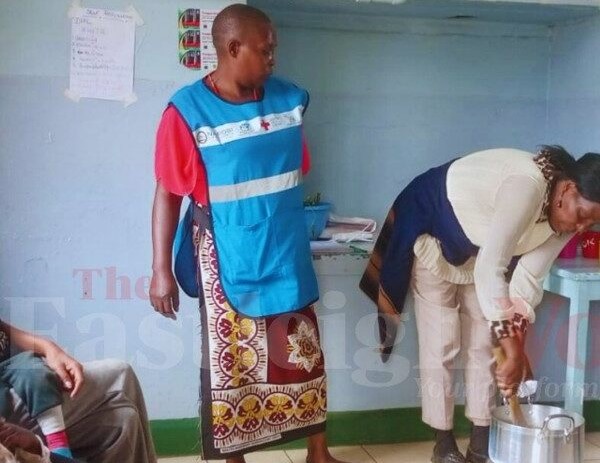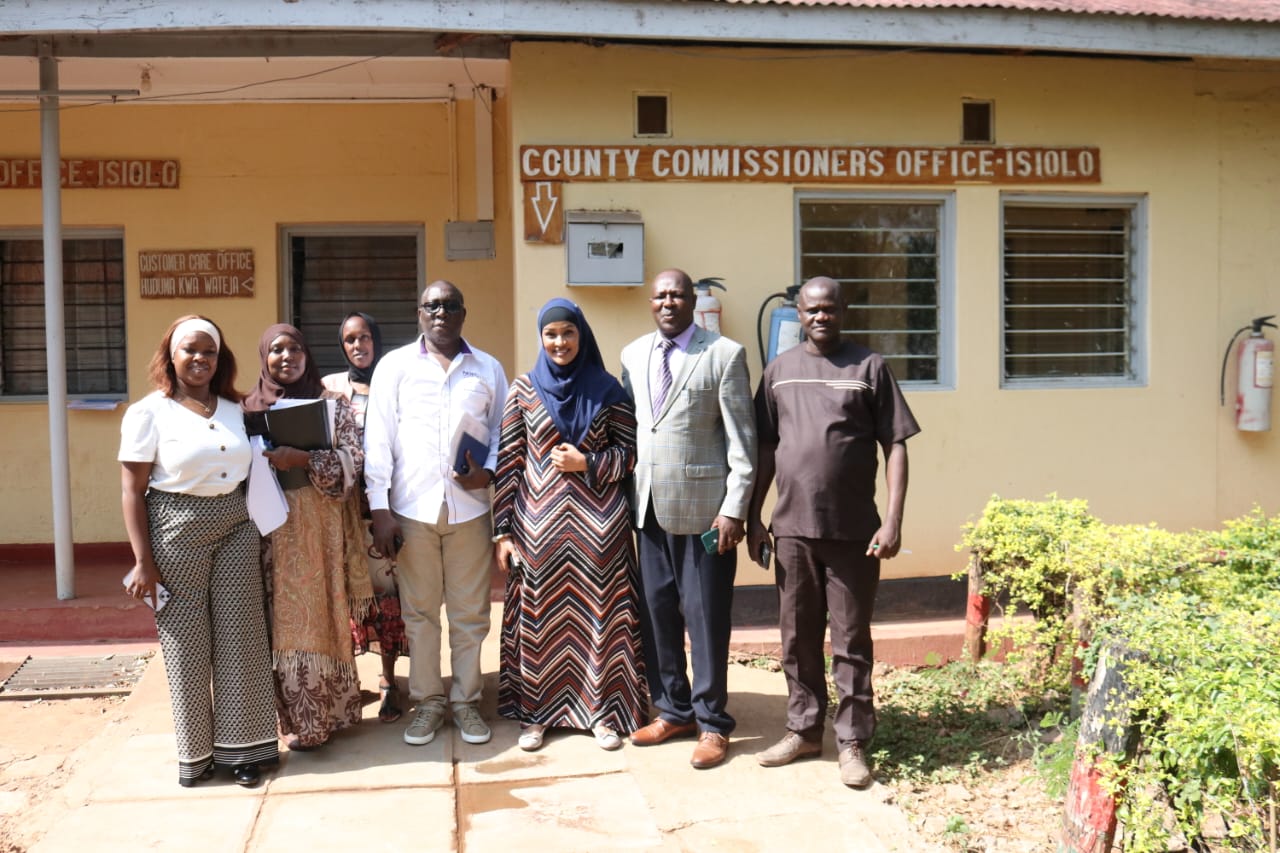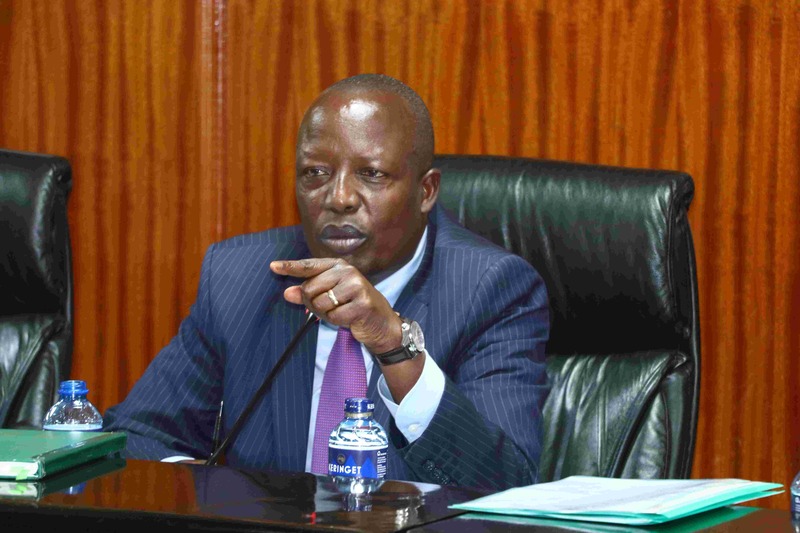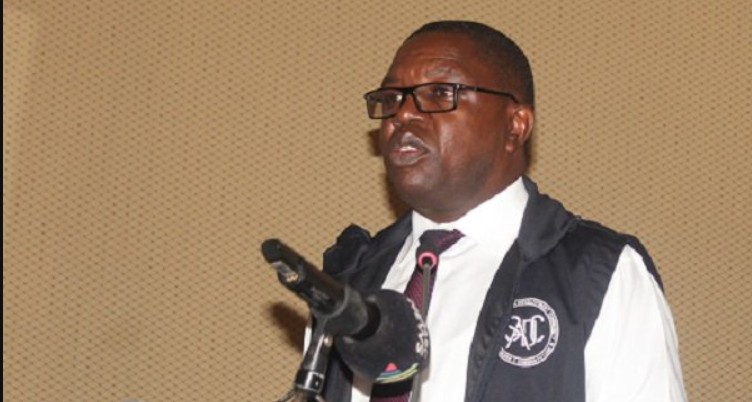Flood victims in 8 counties to get Sh1.54 billion IMF support
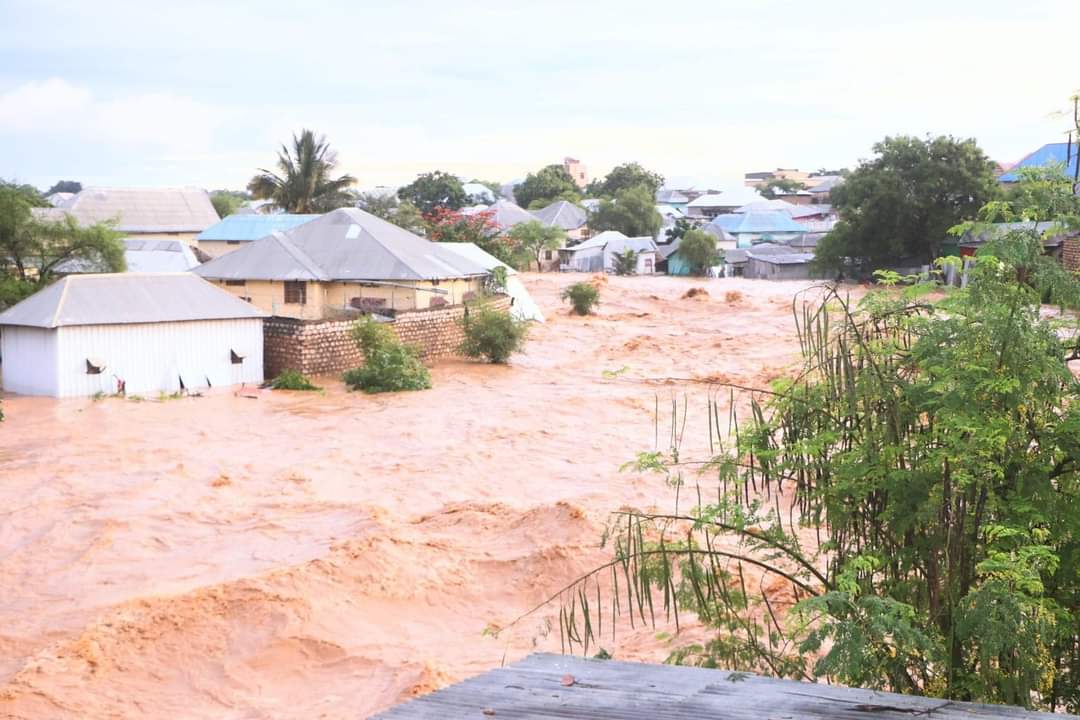
The money, under the Hunger Safety Net Programme (HSNP), is for the arid and semi-arid counties of Turkana, Wajir, Mandera, Marsabit, Garissa, Tana River, Isiolo and Samburu.
Kenyans affected by El Nino floods in eight marginalised counties will receive €8.8 million (Sh1.54 billion) from the International Monetary Fund (IMF) to help them cope with their harsh realities.
The money, under the Hunger Safety Net Programme (HSNP), is for the arid and semi-arid counties of Turkana, Wajir, Mandera, Marsabit, Garissa, Tana River, Isiolo and Samburu.
More To Read
- State releases Sh294 million hunger safety net funds to support 109,000 households in arid counties
- Government activates nationwide emergency response amid heavy rain advisory
- Sh438 million water agency loan default piles pressure on taxpayers eight years on, Auditor General warns
- World Bank withholds Sh96.93 billion loan to Kenya over delayed reforms
- World Bank unveils Sh16.5 billion initiative to empower Kenya’s vulnerable groups
- State launches direct relief for drought-stricken families amid food scarcity
The move follows a report by the IMF last week, which said authorities were exploring using the HSNP to distribute cash assistance to people affected by the floods, with the support of the World Bank.
The government, which implements the HSNP with support from the World Bank, wants to expand it to cater not only to victims of droughts but also to those affected by floods.
Millions of Kenyans live in the eight countries, which are classed as ASALs. They are prone to extreme climate events as periods of extreme drought are often followed by raging floods. The national government has in the past supported them through cash disbursements.
The most recent drought – which lasted until early 2023 – led to the death of hundreds of people and thousands of animals. The United Nations says it left some 5.4 million Kenyans facing hunger, while 800,000 were malnourished, necessitating assistance from the government and humanitarian organisations.
The El Nino rains that hit Kenya last October led to the death of more than 160 people. More than 529,120 people from some 105,824 households were displaced, according to State figures issued in December.
“In this context, the World Bank is working with authorities on technical aspects to facilitate the expansion of emergency cash transfers under the HSNP to include those affected by flooding,” said the IMF.
The HSNP, which is being implemented by the National Drought Management Authority (NDMA), is one of four cash transfer programmes under the National Safety Net Programme (NSNP) collectively called Inua Jamii.
The other three programmes involve transfers of Sh2,000 monthly to older persons, transfers to orphans and vulnerable children and transfers to persons living with severe disabilities.
The four programmes support about 1.4 million people directly and about 5 million beneficiaries indirectly.
According to the IMF, the World Bank is exploring the obligatory use of the Enhanced Single Registry (ESR), which is a digital database of the poor and vulnerable population for the cash transfers, as well as pegging the transfers to inflation and other economic indicators.
“The ESR will objectively identify beneficiaries and improve transparency and efficiency of the programme,” said the IMF.
The register will streamline the tracking of beneficiaries to minimise fraud where individuals use fake identification to benefit from the cash.
The programmes have been identified as key to alleviating poverty especially among the most vulnerable populations.
Top Stories Today
